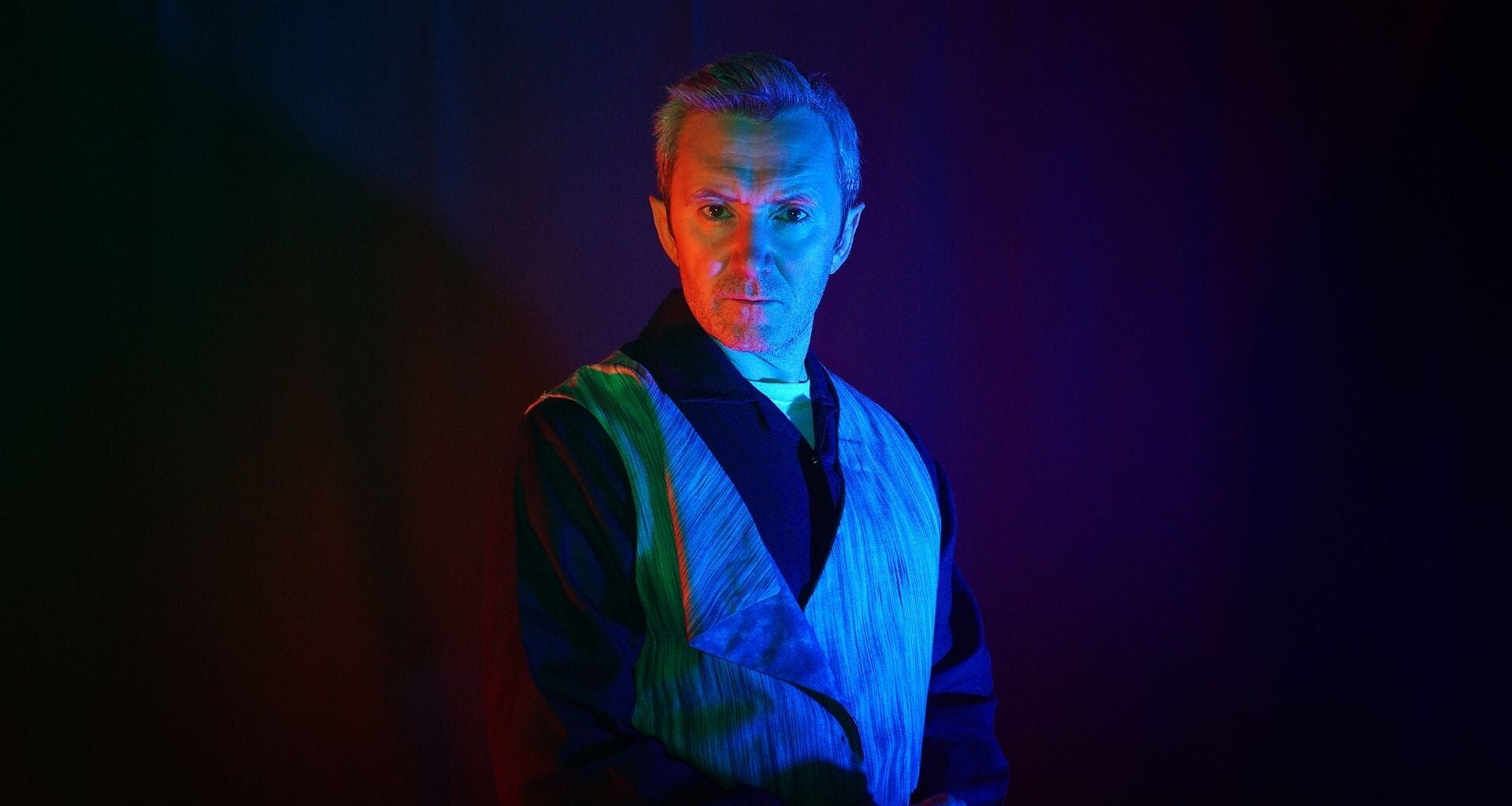 The terrifying thought-restricting Ingsoc from Orwell’s 1984 is surely the most famous fictional puppet state of all time. It oppresses all citizens’ thoughts through increased surveillance and thought manipulation, Orwell showcasing a world where no human has independence through his crushed hero Winston. What a great idea by Fringe veterans Box Tale Soup to incorporate real puppets into their retelling of the dystopia, using them to metaphorically present this theme of dehumanisation. It’s a creative spark that sometimes works. When Mark Collier steps away from his puppet to narrate Winston’s inner thoughts, it acts as an explicit demonstration of the soul taking on a life away from the state.
The terrifying thought-restricting Ingsoc from Orwell’s 1984 is surely the most famous fictional puppet state of all time. It oppresses all citizens’ thoughts through increased surveillance and thought manipulation, Orwell showcasing a world where no human has independence through his crushed hero Winston. What a great idea by Fringe veterans Box Tale Soup to incorporate real puppets into their retelling of the dystopia, using them to metaphorically present this theme of dehumanisation. It’s a creative spark that sometimes works. When Mark Collier steps away from his puppet to narrate Winston’s inner thoughts, it acts as an explicit demonstration of the soul taking on a life away from the state.
Yet too often the puppets simply disappear. O’Brien, commonly understood to be the greatest state servant, is afforded no puppet for no apparent reason. Admittedly Noel Byrne’s cruel presentation of the character, smirking into the audience and delivering his lines in a deceptively charming manner, somewhat makes up for this confusing decision. But unfortunately it’s one of several puzzling choices. Why, in the dreaded Room 101, is Winston’s soul represented by a puppet when it has always been the other way round? Why is Julia only afforded a puppet at the end? It is inconsistency that lets down this vision with great potential.
Even if the central metaphor is questionable, a cold atmosphere is certainly generated. Dan Melrose’s original music is the highlight, suitably chilling, and Joanna Lumley – yes, that Joanna Lumley – is one of several voice artists who continually give the impression of a highly suppressive state. Yet I wished, in such a short time, for greater examination of the themes of humanity and freedom, instead of a literal retelling of the story. The adaptation is essentially made up of book extracts, yet Orwell’s text is over 300 pages; this performance concludes at just over the hour mark. We’re left with a scattered understanding of the world of 1984, thrown from Prole bars to ministries, with little focus. All three actors are clearly capable of cutting deeper and focusing on a theme instead of so many events. Collier is especially convincing when repeatedly tortured, weeping in agony, yet the writing forces them to tediously switch characters every scene.
 
 
 
 
This 1984 is certainly not a torturous watch, yet it fails to even come close to the soul-breaking impact that Orwell’s original masterpiece achieved.
